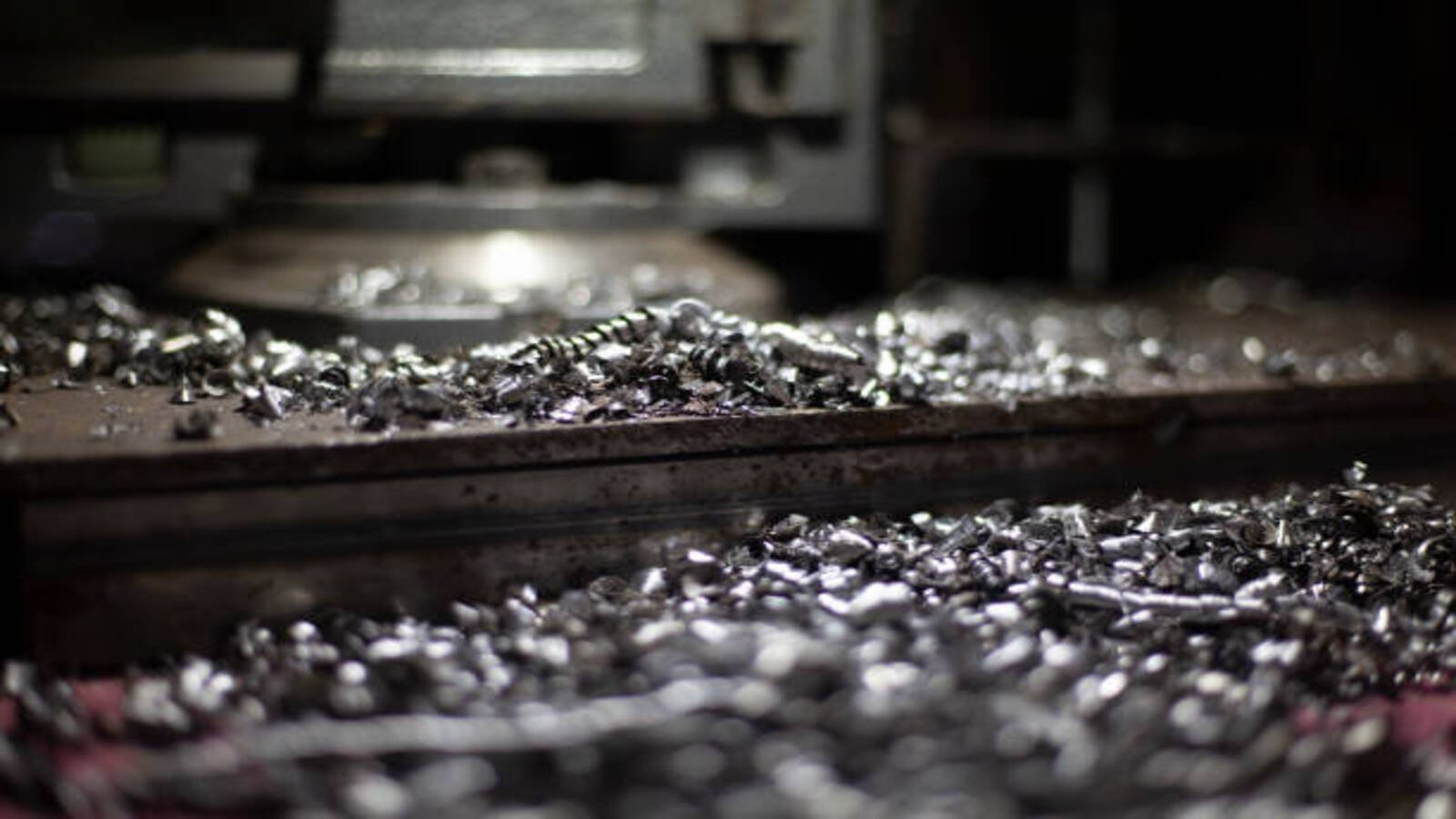High-quality machining for industrial metal components: An Overview
Industrial metal components are integral parts of various equipment and machinery used in different industries such as construction, manufacturing, and automotive. To ensure the smooth and efficient operation of these machines, high-quality machining is crucial. In this article, we will discuss everything you need to know about high-quality machining for industrial metal components.
What is High-Quality Machining for Industrial Metal Components?
High-quality machining for industrial metal components refers to the process of producing metal parts to meet the specific requirements of an industry. This process involves cutting, drilling, turning, and milling operations, among others, using sophisticated machines and tools to produce intricate metal components with high accuracy, precision, and consistency.
The Benefits of High-Quality Machining for Industrial Metal Components
The benefits of high-quality machining for industrial metal components include:
- Accurate and precise parts that are manufactured to meet exact specifications and tolerances
- Efficient production processes that reduce costs and increase productivity
- High-quality finishes that enhance the aesthetic appeal of the final product
- Improved durability and reliability of the metal components
- The ability to produce complex and intricate parts that are otherwise impossible to create using traditional manufacturing processes
The Machining Process
The machining process typically involves the following steps:
- Design: The first step is to design the metal component using computer-aided design (CAD) software.
- Programming: Once the design is complete, a computer-aided manufacturing (CAM) program is used to program the machine that will produce the part.
- Setup: The machine is set up with the necessary tools and materials for the specific operation.
- Machining: The machine is then run to cut, drill, turn, or mill the part to the required specifications.
- Inspection: The final step is to inspect the finished part to ensure that it meets all the specifications and tolerances.
The Importance of Quality Control in High-Quality Machining
Quality control is essential in high-quality machining for industrial metal components. Various inspection techniques such as coordinate measuring machines (CMMs), optical comparators, and surface profilometers are used to ensure the accuracy and precision of the finished parts. Manufacturers also employ statistical process control (SPC) methods to monitor and control the production process, ensuring that the finished parts are of the highest quality.
The Role of CNC Machining in High-Quality Machining for Industrial Metal Components
Computer numerical control (CNC) machining is a vital part of high-quality machining for industrial metal components. CNC machines are capable of producing complex and precise parts with high accuracy and repeatability. These machines use programmed commands to control the cutting tools, ensuring that the finished parts are identical to the original design.
The Materials Used in High-Quality Machining for Industrial Metal Components
A wide variety of materials can be used in high-quality machining for industrial metal components. Common materials include:
- Aluminum
- Steel
- Titanium
- Copper
- Brass
- Stainless Steel
- Nickel
- Zinc
The Importance of Choosing the Right Machining Service Provider
Choosing the right machining service provider is critical for the success of your project. Factors to consider when choosing a machining service provider include:
- Expertise and experience in machining industrial metal components
- The capability to produce parts to meet your exact specifications and tolerances
- The use of advanced technology and equipment to ensure the highest quality results
- A commitment to quality control and inspection to ensure the reliability and durability of the finished parts
- The ability to handle large production runs and meet strict deadlines
The Future of High-Quality Machining for Industrial Metal Components
The future of high-quality machining for industrial metal components is bright. Advancements in technology and equipment, as well as increasing demands for complex and precise parts, will continue to drive the growth of this industry. Manufacturers will continue to invest in state-of-the-art machines, software, and techniques to produce the highest quality parts efficiently and cost-effectively.
Conclusion
High-quality machining for industrial metal components is essential for the smooth and efficient operation of various industrial machinery and equipment. It involves the use of advanced technology and equipment to produce intricate metal parts with high accuracy, precision, and consistency. When choosing a machining service provider, factors to consider include expertise and experience, the ability to produce parts to exact specifications, the use of advanced technology, and a commitment to quality control and inspection. The future of high-quality machining for industrial metal components is bright, with increasing demand for complex and precise parts driving the growth of this industry.

